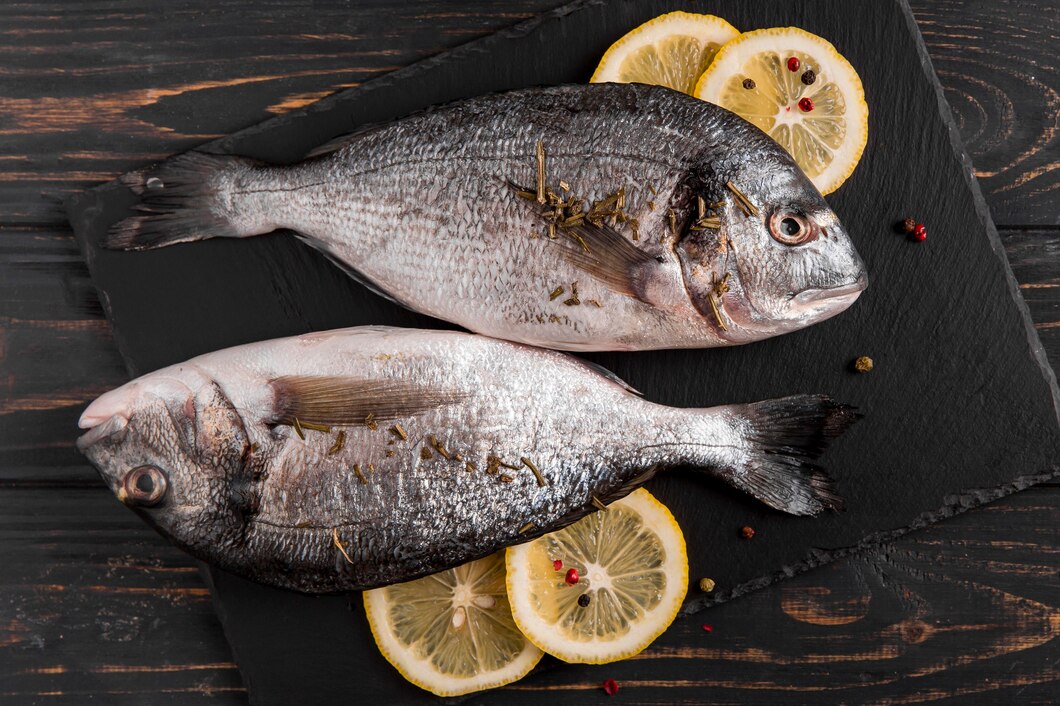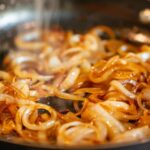With the increasing pollution of water bodies around the world, it’s more important than ever to be aware of the potential risks associated with consuming foods harvested from contaminated waters. Polluted water can carry harmful substances such as heavy metals, toxins, and pathogens, which can accumulate in aquatic organisms and pose serious health risks to humans. Here are 10 foods that can become poisonous if harvested in polluted waters.
1. Shellfish (Clams, Mussels, Oysters)
Shellfish are filter feeders, meaning they filter large amounts of water to extract their food. If harvested from polluted waters, they can accumulate toxins such as those from harmful algal blooms (red tides) or heavy metals like mercury and lead. Consuming contaminated shellfish can lead to shellfish poisoning, which can cause symptoms ranging from gastrointestinal distress to neurological damage.
2. Fish (Tuna, Swordfish, King Mackerel)
Fish, particularly large predatory species like tuna, swordfish, and king mackerel, can accumulate high levels of mercury and other heavy metals in their tissues. Mercury poisoning can lead to serious health issues, including neurological damage, especially in pregnant women and young children.
3. Seaweed
Seaweed is often consumed for its high nutrient content, but when harvested from polluted waters, it can absorb heavy metals such as arsenic, cadmium, and lead. These toxic elements can lead to poisoning if consumed in large quantities over time, potentially causing liver and kidney damage.
4. Crustaceans (Crabs, Lobsters, Shrimp)
Crustaceans like crabs, lobsters, and shrimp can accumulate toxins from polluted waters, including harmful bacteria, viruses, and heavy metals. Eating contaminated crustaceans can cause food poisoning, gastrointestinal issues, and in severe cases, long-term health problems like organ damage.
5. Freshwater Fish (Catfish, Tilapia, Bass)
Freshwater fish such as catfish, tilapia, and bass can be particularly vulnerable to pollution, especially in lakes and rivers near industrial sites or agricultural runoff. Pollutants like PCBs (polychlorinated biphenyls) and pesticides can accumulate in these fish, leading to potential health risks when consumed.
6. Eels
Eels are bottom-dwellers and can absorb pollutants from sediment in contaminated waters. They are known to accumulate high levels of PCBs, dioxins, and heavy metals. Consuming eels from polluted waters can increase the risk of cancer, immune system damage, and reproductive issues.
7. Octopus and Squid
Octopus and squid are popular seafood options, but they can absorb toxins from polluted waters, particularly in coastal areas near industrial discharges. They can accumulate heavy metals like cadmium and lead, which are toxic to humans and can cause a range of health problems, including kidney damage and neurological disorders.
8. Freshwater Algae
Freshwater algae, often consumed as supplements or in food products, can absorb heavy metals and toxins from polluted waters. When harvested from contaminated sources, algae can carry cyanotoxins, which are harmful to the liver and nervous system, potentially leading to serious health conditions like liver failure and neurological damage.
9. Bivalve Mollusks (Scallops, Cockles)
Bivalve mollusks such as scallops and cockles, like other shellfish, filter large volumes of water and can concentrate pollutants in their tissues. Consuming these mollusks from polluted waters can lead to heavy metal poisoning and exposure to harmful pathogens, which can cause severe gastrointestinal and neurological symptoms.
10. Salmon
While salmon is often farmed, wild-caught salmon from polluted rivers or coastal areas can be exposed to industrial pollutants, pesticides, and heavy metals like mercury. Regular consumption of contaminated salmon can lead to mercury poisoning, which is especially dangerous for pregnant women and young children as it can impair neurological development.
Consuming foods from polluted waters can pose significant health risks due to the accumulation of toxins, heavy metals, and pathogens. It’s important to source seafood and other aquatic foods from clean, reputable sources to minimize the risk of poisoning. Regulatory bodies often monitor and issue advisories on the safety of consuming certain seafood based on pollution levels, so staying informed and cautious is key to protecting your health. If you’re unsure about the safety of your seafood, consider consulting local advisories or choosing alternative sources that are known to be safe.








